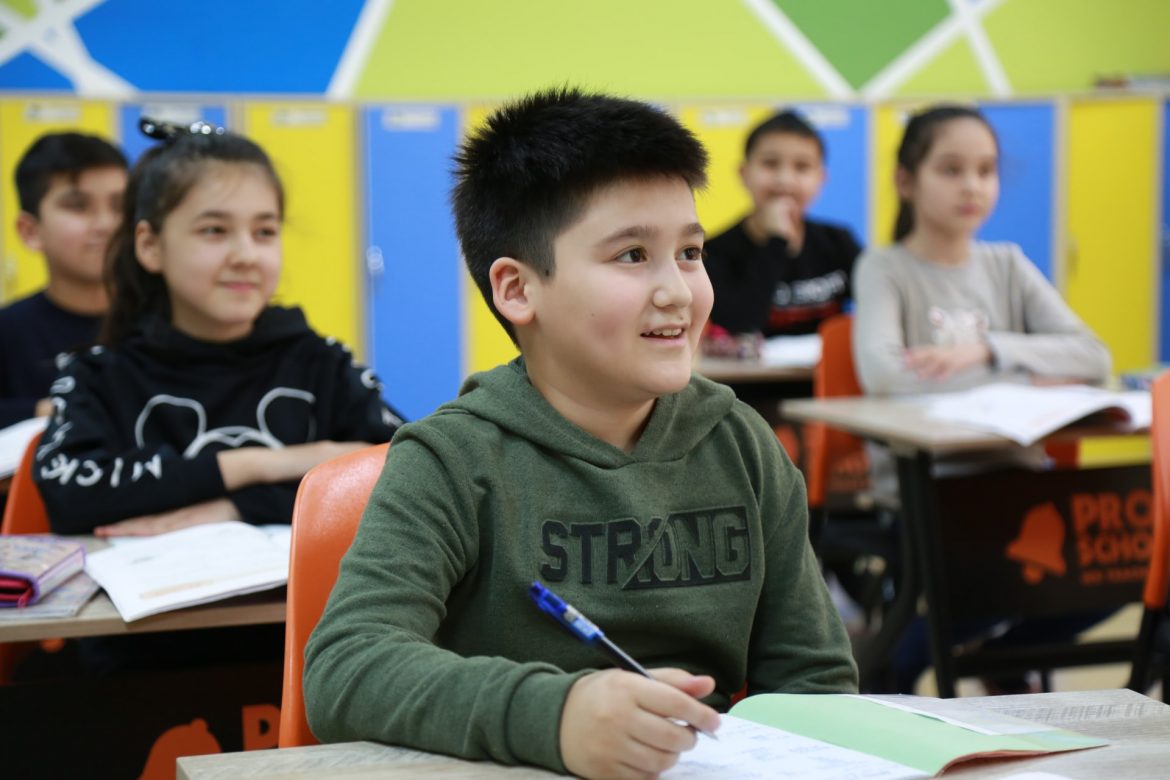
Should School Start Later?
Almost 60% of middle school students and over 70% of high school students do not get enough sleep on school nights. Adolescent sleep deprivation is a problem that has both immediate and long-term consequences. Sleep deprivation affects overall student health, wellbeing, and academic performance; it may also have significant long-term health effects.
What Are Common School Start Times?
The average high school start time in the US is 8:00 a.m., depending on the state and type of school. According to the research by the CDC, the average start time at middle schools is 8:04 a.m. This is somewhat later than high school.
The start times for middle schools varied considerably, depending on the state. This research also included the start time of combined middle and high schools; the average was 8:08 a.m.
How to Sleep When You Need to Study
School start times around the world
Australia: the usual school day is from 9 a.m. to 3:30 p.m., and lunch is eaten at school.
Brazil: the school day in Brazil starts at 7 a.m. and ends at noon. Students go home at noon to share lunch with their families.
China: the average school day runs from 7:30 a.m. to 5 p.m., with a two-hour lunch break.
France: the school day in France typically runs from 8 a.m. to 4 p.m., with a two-hour lunch break. Students also attend half-day on Saturday but do not go to school on Wednesday and Sunday.
Kenya: typical school days start at 8 a.m. and end at 4 p.m
Mexico: school days are divided into two sessions, one for the morning and one for the afternoon.
Russia: students attend class from 8:30 a.m. to 3 p.m.
South Korea: school days are from 8 a.m. to 4 p.m., but many students stay later into the evening.

What does the science say about later school start times?
Children and adolescents have unique sleep patterns due to their biological development. Around the time when most teenagers are beginning to develop, they experience a delayed sleep onset and wake times, sometimes known as “phase delay.”
This phase delay can push the body’s internal clock back by up to two hours. Consequently, the average teenager cannot fall asleep until 11:00 p.m. with the best waking time at 8:00 a.m. or even later.
Adolescents require more sleep than adults, and a later school start time would enable them to meet this biological need. In addition, overall care for sleep hygiene and family schedules, such as getting a good night’s sleep and following back-to-school sleep recommendations, can also aid in the regulation of adolescent sleeping habits.
Later school start times become more popular, but what are the drawbacks?
Later school start times are gaining popularity due to their potential benefits for student well-being, particularly in addressing sleep deprivation among adolescents. Advocates argue that pushing back school start times can help students get the recommended 8-10 hours of sleep, leading to improvements in mental health, academic performance, and physical well-being. In 2022, California set a precedent by mandating middle and high schools to start no earlier than 8 AM and 8:30 AM, respectively, inspiring other states to consider similar measures.
Nonetheless, shifting school start times later comes with significant concerns. There’s evidence pointing to a potential drop in academic achievement among teens who begin school later, possibly due to disturbed sleep patterns and heightened sleep deprivation negatively affecting focus and academic performance. Additionally, there’s a concern that delayed start times could contribute to an increase in car accidents among this age group, potentially as a result of disrupted sleep cycles that impair concentration and elevate impulsiveness. Amidst these considerations, the ongoing debate weighs the advantages of extra sleep against the logistical and operational hurdles, such as increased traffic, effects on after-school programs, and adjustments to family routines.
The conversation around later school start times is complex, balancing clear benefits for student health against potential drawbacks that require careful consideration and adaptation by schools and communities.
What are the best school start times?
The American Academy of Pediatrics and the American Academy of Sleep Medicine advocate starting school later, meaning no earlier than 8:30 a.m for middle and high schools. Both organizations considered students should get enough sleep to be alert and ready to learn at school.
The target set by many start-school-later advocates, which is usually half-past eight, is still earlier than ideal. According to a University of Minnesota research published in the late 1990s, high school students should start class no later than 9:00 or 9:30. That would give them enough time to sleep and dress. 8:30 is a compromise that allows for more rest while not interfering with after-school activities.
Benefits of later school start times
Later school start times can help with adolescent biological needs. For example, they increase the amount of sleep adolescents get. Other advantages of later start times include:
Improved attendance at school.
Decreased tardiness.
Better student grades.
Fewer occurrences of falling asleep in class.
Reduced irritability and depressive symptoms.
Fewer disciplinary issues.
A reduction in motor vehicle accidents. After the school start time was delayed by one hour, a study found a 16.5% decrease in teenage crashes.
School start times and school performance
Studies have repeatedly shown that early school start times are linked to reduced sleep, linked to lower grades. Sleep deprivation affects academics, with students suffering from lack of sleep having a tougher time paying attention in class and earning lower grades. They may also become irritated and tired.
The following are examples of problems linked to early school start times and the failure to get adequate sleep:
They may be more prone to engaging in dangerous behaviors, such as bullying and physical fighting.
There’s a good chance that people will engage in more hazardous behaviors, such as drinking and drug use and smoking.
Increased risk of sports injuries
Suicidal thoughts and depressive symptoms have increased.
Slowing down reaction time and increased risk of motor vehicle accidents
Sleep deprivation has significant physical and mental health consequences in the long term. Therefore, sleep quality and quantity are both important. Poor sleep quality, such as insufficient rest or too much light, can lead to medical issues, including diabetes, heart disease, and obesity.
How can parents improve children’s sleep and school performance?
Parents want to help their children succeed in school. Given the importance of sleep for academic success, parents may encourage good sleep, a fundamental component of their child’s education.
Sleep difficulties can be hard to overcome, even for parents with a lot of experience dealing with children. It’s a good idea to start talking about sleep habits and the advantages of sleep with your kids. Recognizing the importance of quality rest for everyone in the family might be a jumping-off point for practical solutions to improve sleep. Parents should make
Making sleep a priority is an important step for many families. Parents should develop a daily schedule that takes account of school start times and other activities and schedules enough hours for children to attain the advised amount of sleep. Having a routine emphasizes the significance of sleep and fosters good sleeping habits.
Children sleep better when their parents enforce a bedtime, according to studies. Having a set bedtime organizes the daily routine. It protects against other activities, such as learning, from encroaching on sleep time. Children’s mood and daytime drowsiness are both improved when bedtimes are set by their parents.

Parents may urge their younger children also to establish a relaxing habit before bedtime to extend the company bedtime. Parents who follow the same procedure each night to unwind and prepare for sleep have been shown to benefit young youngsters, which is frequently recommended for everyone.
As a result, it is important that children and adults alike avoid using electronic equipment such as cellphones for one hour before going to sleep.
Parents may also help their children get a good night’s sleep by creating a calm and soothing sleeping environment. Children sleep better when they have a comfortable bed, dark and quiet surroundings, and a supportive mattress, just like adults. Parents can collaborate with their children to ensure that their sleep setting is relaxing and conducive to good rest.
Conclusion
In recent years, researchers have discovered the importance of sleep for students and its effect on their academic performance. Conversely, sleep deprivation has been linked to various problems, including lower grades, bullying, and physical fighting.
Parents can help their children get better sleep and improve their school performance by establishing a routine, enforcing a bedtime, and creating a calm and soothing sleeping environment.
